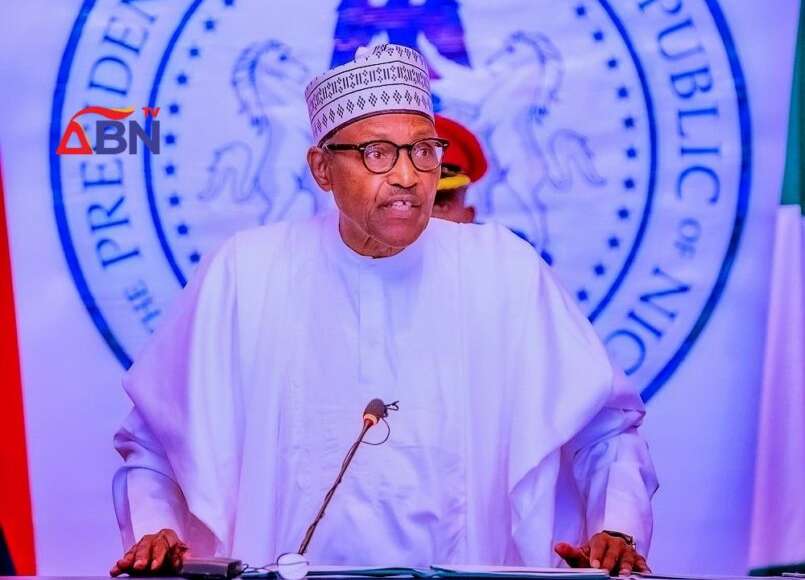Amid Nigeria’s rising debt profile, an economic group, the Center for Fiscal Transparency and Integrity Watch has asked President Muhammadu Buhari to suspend the proposed World Bank loan of $800 million for post-fuel subsidies removal.
The Centre says it is worried about consistent revenue shortfalls in the economy, noting that despite the deregulation of the oil sector, the cost of petrol import has continued to rise with no solution in sight.
It said amid the government’s promises of revamping refineries to boost local production, the inability to address lingering oil theft, diversifying the economy, and the recent controversial monetary policy has left the country on edge.
READ ALSO: President Buhari Returns To Abuja After 8-Day Visit To Saudi Arabia
A statement signed by the Centre’s Head of Public Relations, Victor Agi on Wednesday, said its call on the president to jettison the planned borrowing became necessary following Nigeria’s consistent revenue shortfalls from the oil sector, as well as the constant monetary and fiscal challenges.
He explained that the current pressure on the fiscal side of the economy is due to inefficient public spending, mismanagement of public resources, and the lack of accountability which continue to affect investors’ confidence and impact private sector growth.
The Centre warned the incoming government against borrowing to finance consumption rather than financing capital projects and the production sector.
”As a Center, we cannot overemphasize the need for fiscal prudence in government’s day-to-day activities. We suggest the entrenchment of transparency and accountability measures to curb public sector corruption and resource wastage.
“The Center recommends the suspension of the $800 million loan, which lacks a proper accountability framework, and may not make any meaningful impact on ordinary citizens but will only further aggravate the public debt stockpile.
“We strongly recommend that the nation’s fiscal handlers, especially the incoming government, ensure that future borrowings are strictly to fund capital projects and the production sector of the economy rather than the current borrowing system for consumption and fund recurrent expenditure”, the statement partly reads.
The total debt stock of Nigeria stood at N46.25 trillion in December 2022, according to the Debt Management Office.
The Minister of Finance and Budget and National Planning, Mrs. Zainab Ahmed, hinted that the federal government plans to borrow $800 million from the World Bank, but the announcement has continued to generate reactions.





![Late Chinyere Gladys Mbakwe Set For Burial Feb. 20 In Umuahia [SEE POSTER] Mrs. Chinyere Gladys Maduabuchi Mbakwe Set For Burial Feb. 20 In Umuahia [SEE POSTER]](https://abntv.com.ng/wp-content/uploads/2026/02/FB_IMG_1771516412563-300x194.jpg)




![Late Chinyere Gladys Mbakwe Set For Burial Feb. 20 In Umuahia [SEE POSTER] Mrs. Chinyere Gladys Maduabuchi Mbakwe Set For Burial Feb. 20 In Umuahia [SEE POSTER]](https://abntv.com.ng/wp-content/uploads/2026/02/FB_IMG_1771516412563-100x75.jpg)